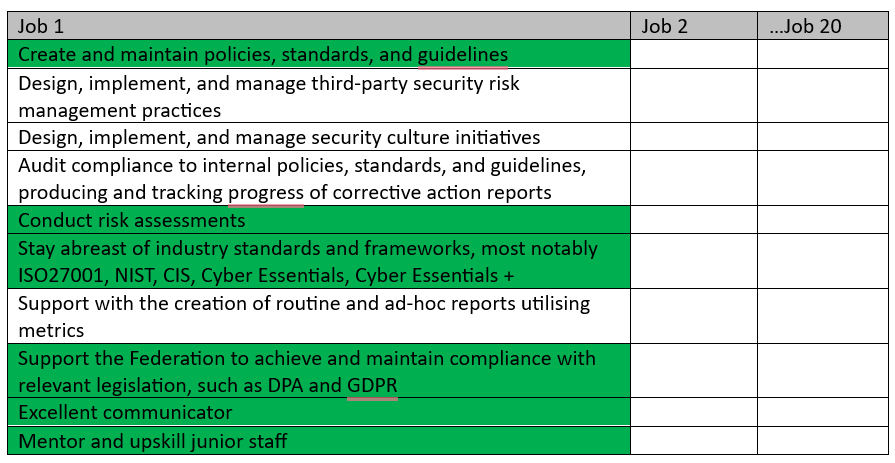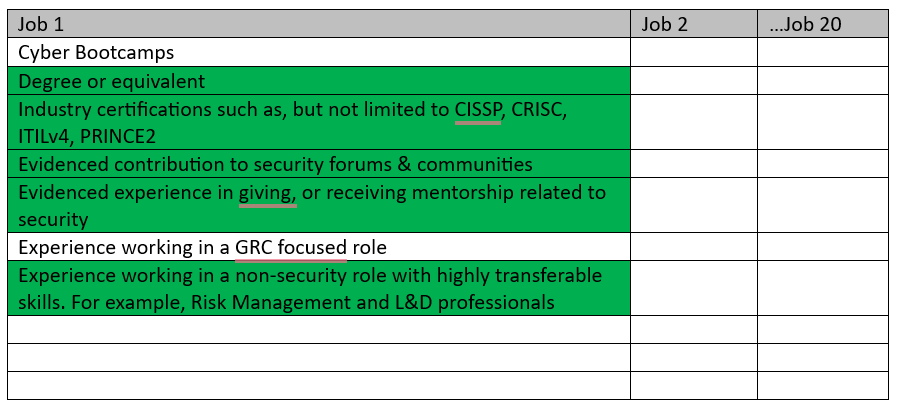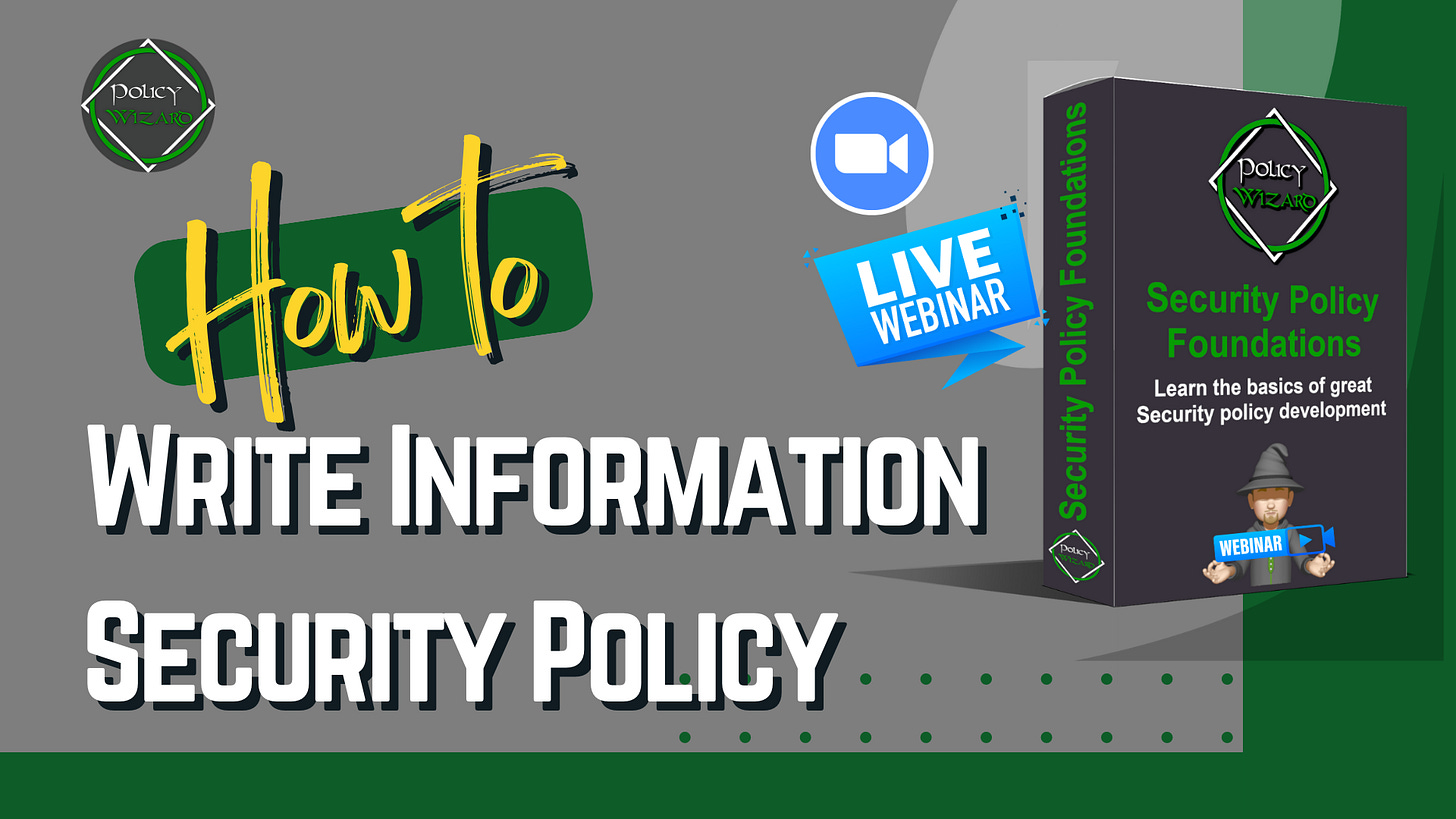🧙♂️ The Fellowship Newsletter
Week 5 - Conducting a Skills Audit
Welcome to the fifth edition of The Fellowship Newsletter.
Conducting a skills audit
Before we can conduct a skills audit, we need to know more about what a skills audit is. For the fun of it, I’m going to use an analogy.
I drove an old Honda Civic; it was a great car. Honda Civic have an excellent reputation for being reliable. I found one with a full-service history and very few findings during its annual testing. I commuted in that car for a couple of years. The journey took an hour each way.
Well, that car reached the grand old age of 22. I took it for testing as required by law. It failed the test. Several things were wrong, and it would cost a lot to fix. More than the car was worth. I decided to scrap the vehicle. As a result, I do not have wheels to get me where I want to go. I could take this story into how I chose a new car here, but that’s too obvious… Let’s go for a walk.
I changed jobs a couple of years ago and now work from home. That meant I didn’t need to rush the purchase of a new car. I could take my time. I live about a 40-minute walk from the local shop. It’s a small Tesco at the other end of the town. I live about a ¼ mile from the nearest bus stop.
Tesco delivers, and I would make use of that for the bigger things. But we wanted to ensure we got the correct meal ingredients. The pickers on home delivery orders often make substitutions when the item on the list is unavailable. Those substitutions were often things that we did not want. I would have to walk to the shop and get the right ingredients.
My partner would tell me what to get, and I would take a walk and bring the groceries home. Frequently I would make mistakes. I’d forget the mince, or I’d get the wrong sauce. To prevent further errors, I was given a list of things to go and get. A shopping list of the required items. This ensured that we would have the right ingredients before we started cooking.
Can you see where I’m going with this?
Think of that shopping list as the required ingredients for any job. The Hiring Manager has provided the Recruiter with a list of skills and experience that they use to cook up their next hire. That list is what all applicants are assessed against. If we want to be invited for an interview, we need to show in our CV/Resume that we have the skills and experience on the list. That is where a skills audit comes in.
Q: What is a Skills Audit?
A: It is a self-assessment an applicant carries out against multiple job descriptions of the same type to prepare themselves for the application process.
How to conduct a skills audit?
A skills audit is easy, but it does take some time. What you need to do is to open Excel. Create a table with 20 Columns and 11 Rows. The columns are where you list the skills, and the first row is where you list the job title (you can also put in a link to the job). Then open LinkedIn Jobs and run a search on your desired future role. I would suggest using the most common title for the job.
Then you need to list the top 10 skills in each of the first job descriptions that match the job title. Here is an example:
Job Requirements (Things you will be doing)
Experience Requirements (Things you can show that you have done)
The Skills Audit
This is the crucial bit. This is how you conduct the audit and assess where your skillset meets the requirements. You need to go through your worksheet and either change the colour of the text or fill in the cell where you have the skills.
After you have done this, you can easily see the jobs where you meet 70% of the requirements. I would encourage you to apply for those jobs.
You will also see where you do not meet 70% of the requirements. Aiming for these jobs but working on your skillset to meet the conditions would be best. Hit the magic 70% mark before you apply.
That’s it! That’s how you conduct a skills audit. I hope you have found this helpful. It should help you out if you’re applying for jobs, no matter where you are in your career.
Do you know the top requested GRC skill?
Whenever I conduct a skills audit for GRC Analyst or Information Security Analyst, it’s “creating security policies and procedures” that comes out on top. In my most recent search, 18/20 GRC Analyst advertisements required applicants to develop security policies proficiently.
If you want to learn that skill, you should consider some training in that area. Turn that box green and then focus on the others.
The Security Policy Foundations course is available to work on at your own pace. The course is priced @ £47.
On this learning opportunity, you will be able to achieve a certificate of completion, and you’ll be able to use two policies that you produce in the practical labs to evidence your skills. Only on the Live Webinar can you ask me questions directly.
Until the next adventure!
Stuart Wedge 🧙♂️
PolicyWizard
Stuart W / PolicyWizard.io Office 101096, PO Box 26965, Glasgow, G1 9BW







